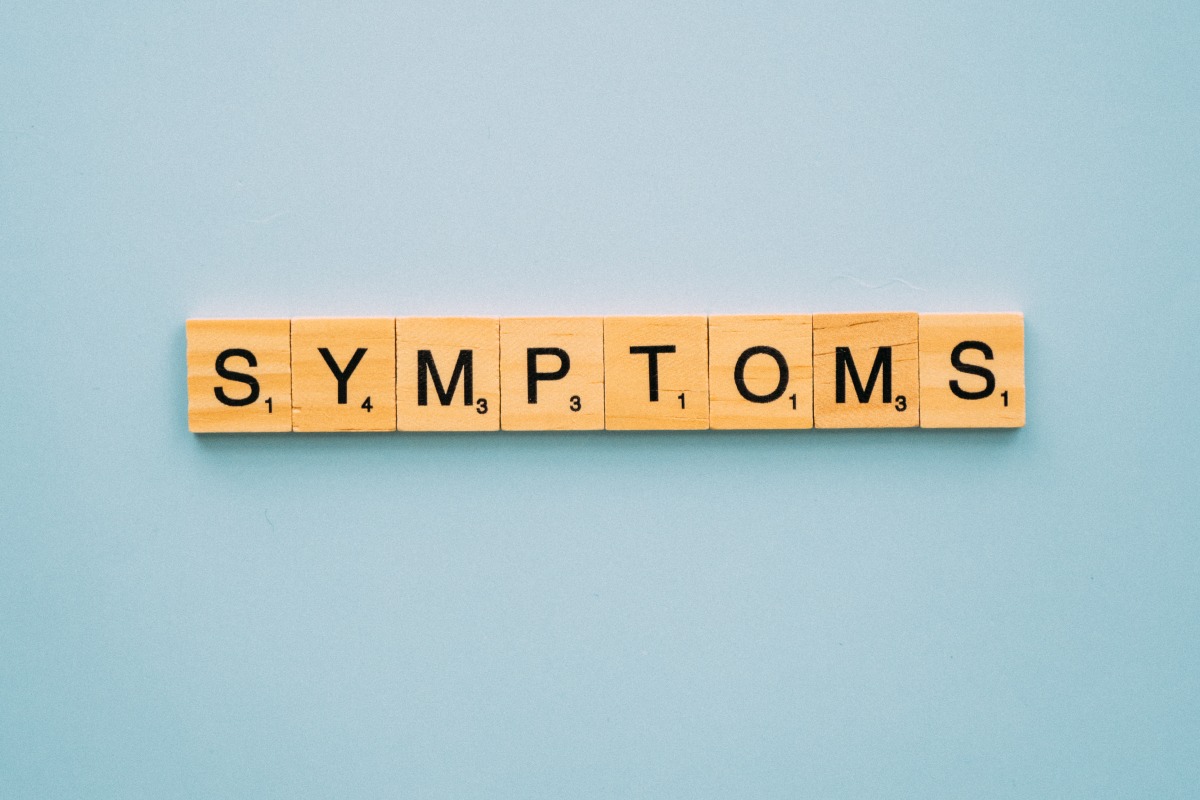
Physical dependence on alcohol is common and can result in serious health issues, social problems, and lost opportunities. You might not be aware of it, but if you keep drinking to excess, sooner or later, you could become dependent on alcohol. Physical dependence takes place when the brain accepts the presence of alcohol in the body as normal. Once this happens, the brain needs alcohol to feel normal.
As with any substance abuse, being dependent on alcohol signals that something is wrong with your life and habits. It may be possible to be physically dependent on alcohol without being addicted to it, but physical dependence is usually a sign of alcohol use disorder (AUD).
Symptoms of Physical Dependence on Alcohol
Physical dependency doesn’t show up until a person goes without drinking. As the brain and body both adapt to constantly having alcohol in the system, a person can begin to go through withdrawal when they stop drinking or aren’t drinking “enough.” Withdrawal has many symptoms, but a few of the most common are discussed below.
Uncontrollable Shaking
Uncontrollable shaking is a common symptom of withdrawal. Also known as “the shakes,” a person is unable to control their hands well enough to write or draw, and tremors can often be felt throughout the body.
Nausea
Alcohol abuse can significantly alter eating habits. Sometimes a person with AUD will go days without eating. The physical toll that alcohol can take on the gastrointestinal (GI) tract is massive. When alcohol is eliminated from the system, the stomach responds by feeling upset or sick.
Vomiting or Dry Heaving
When an individual with AUD hasn’t had a drink, heavy vomiting followed by dry heaving can occur. Violent vomiting can cause a person to throw up blood from a variety of alcohol-related GI issues.
Sleep Issues
Alcohol abuse can also cause sleep issues. While it is true that alcohol can cause a person to fall asleep, having alcohol in the system can lead to sleep disruptions (waking up during the night) and reduced sleep quality. Also, some people find that they can’t go to sleep unless they have alcohol in their system.
Sweating and Fever
Feeling clammy or even sweating profusely when it’s not hot is an extremely common symptom of withdrawal. This can be a telltale sign that a person has an unhealthy relationship with alcohol.
The list goes on. Medical studies have proven that continued heavy alcohol increases the chances of heart disease, stroke, cancers, and liver cirrhosis.
Oftentimes a person with an unhealthy relationship with alcohol will blame the symptoms of withdrawal on having a cold or flu. They may say they are feeling a little overworked or stressed. It is true that the common symptoms of alcohol abuse may mimic the symptoms of a cold or stress.
Determining if symptoms are a result of withdrawal is as simple as taking a drink of alcohol. If the symptoms disappear when you drink, then it may be time to reach out for professional help.
The emotional and mental trauma of substance abuse can be daunting to tackle. Oftentimes we can lie to ourselves about whether or not we have a problem. However, our bodies don’t lie. The physical symptoms of alcohol abuse are very real and telling. If you or someone you care about thinks you might have a problem with alcohol abuse, please seek help immediately. The physical symptoms of alcohol withdrawal can be deadly, and no one should go through them alone. Please call (855) 483-7800 for more information.